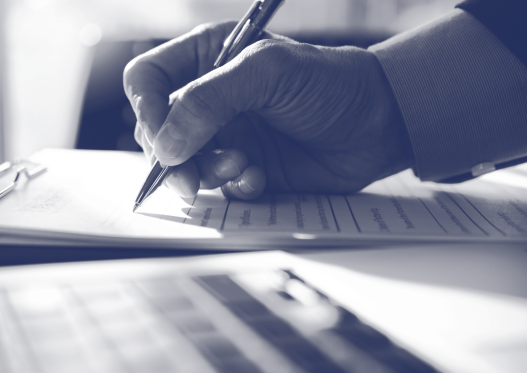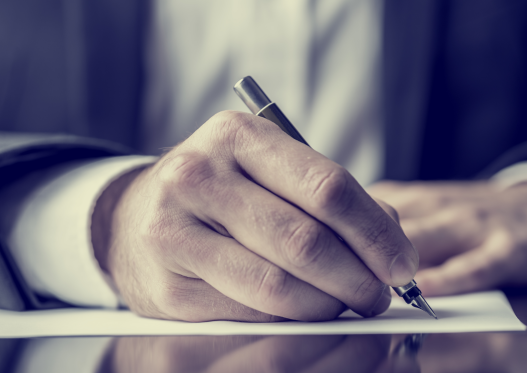The four priorities for the ATO this tax time
The ATO has four key focus areas for Tax Time 2022:
- Record keeping
- Work-related expenses
- Rental property income and deductions
- Capital gains from crypto assets, property and shares.
These ATO priority areas will ensure that there is an appropriate level of scrutiny on correct reporting of deductions and income, so that Australia continues to have a strong tax system that can support the Australian community.
Assistant Commissioner Tim Loh explained that “The ATO is targeting problem areas where we see people making mistakes. It’s important you rethink your claims and ensure you can satisfy the 3 golden rules.”
- You must have spent the money yourself and weren’t reimbursed.
- If the expense is for a mix of income producing and private use, you can only claim the portion that relates to producing income.
- You must have a record to prove it.
The best time to lodge
The start of tax time can often bring about a rush of people wanting to lodge their tax returns early however the ATO says the best time to lodge is from late July. By then, most of your information from employers, banks, financial institutions, and health funds will be automatically pre-filled in your tax return. All you need to do is check the information and add anything that’s missing.
Record-keeping
While you wait for your information to pre-fill into your tax return, it’s a great time to start organising the income and deduction records you’ve kept through the year. “This will guarantee you a smoother tax time and ensure you claim the deductions you are entitled to,” Mr Loh said. To get organised for next tax time, download the ATO app for a fast and easy way to keep track of your records on the go.
Work-related expenses
Some people have changed to a hybrid working environment since the start of the pandemic, which saw one in three Aussies claiming working from home expenses in their tax return last year. Mr Loh explained that “If you have continued to work from home, we would expect to see a corresponding reduction in car, travel, clothing, and other work-related expenses such as parking and tolls.”
To claim a deduction for your working from home expenses, there are three methods available this tax time depending on your circumstances. You can choose from the shortcut method (all-inclusive), fixed rate and actual cost methods, so long as you meet the eligibility and record-keeping requirements.
Rental income and deductions
If you are a rental property owner, make sure you include all the income you’ve received from your rental in your tax return, including short term rental arrangements, insurance payouts and rental bond money you retain. Mr Loh confirmed the emphasis is on keeping good records “as all rental income and deductions need to be entered manually.”
Capital gains from crypto assets, property and shares
If you dispose of an asset such as property, shares or a crypto asset, including non-fungible tokens (NFTs) this financial year, you will need to calculate a capital gain or capital loss and record it in your tax return.
If the crypto asset is held by an individual for at least 12 months, the asset will generally qualify for the 50% capital gain tax discount when it is sold.
Capital losses can be used to offset any capital gains in the current year or be carried forward to be used against any future capital gains. However, capital losses can’t be used to offset other income, including salary and wages.
For more information on the tax treatment of crypto see www.ato.gov.au/crypto
What’s new this year
The ATO anticipates that COVID-19 will continue to impact the income and deductions taxpayers will be reporting this tax time.
If you received a COVID-19 support payment, the tax treatment varies so make sure you visit the ATO’s quick guide to find out which COVID-19 support payments you need to include in your tax return.
And don’t forget that from 1 July 2021, if you paid for a COVID-19 test for work-related purposes (such as to determine if you can attend or remain at work), you can now claim a deduction for the test. You must have a record to demonstrate that you paid for the test (a receipt or invoice is usually best) and you cannot claim for a test that your employer provided or if your employer reimbursed you for the cost.
For more tax time information, visit ato.gov.au/taxessentials








